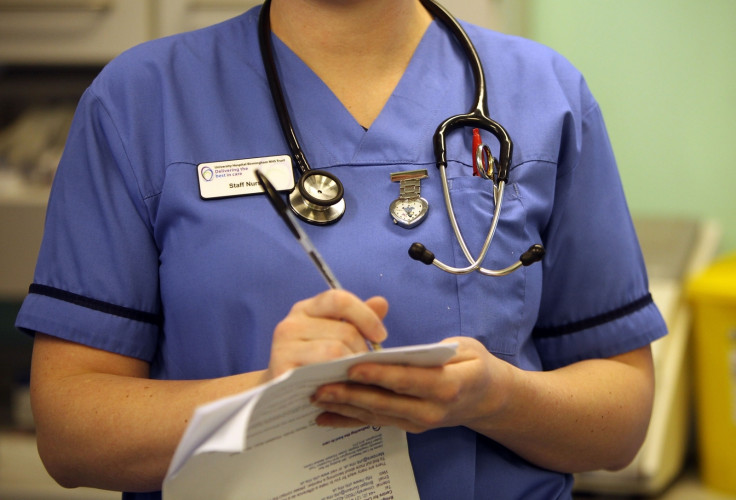Migrants to pay double to use NHS in 'health tourism' crackdown
KEY POINTS
- Government increases immigration health surcharge for non-EU migrants.
- Ministers say the increase will raise £220m annually for the NHS.
- Tories promised to triple charge in last year's manifesto.
The amount paid by temporary migrants to use the NHS will double in order to raise an additional £220m a year for the NHS, the government has announced.
The increase in the immigration health surcharge - payable by patients from outside the European Economic Area who are staying in UK for six months or longer – will now double from £200 to £400 a year.
The amount paid by students and those on the Youth Mobility Scheme for people aged 18 to 30 will also double form £150 to £300 per annum.
The figure is still short of what was pledged by the Tories during last year's election manifesto which stated the immigration health surcharge would be tripled to £600 for workers and £450 for students.
It is reported the party has been forced to scale down some promises following the general election which saw Theresa May lose her majority.
The surcharge was first implemented in 2015 by the government to help combat so-called health tourism, where people travel to the UK to be treated on the NHS. Health tourism took up an estimated 0.3% of the NHS budget in 2017, although this figure could also include Brits living overseas travelling back to the UK for treatment.
Health minister James O'Shaughnessy said: "Our NHS is always there when you need it, paid for by British taxpayers.
"We welcome long-term migrants using the NHS, but it is only right that they make a fair contribution to its long-term sustainability.
"By increasing the surcharge so that it better reflects the actual costs of using health services, this Government is providing an extra £220 million a year to support the NHS."
Caroline Nokes, the immigration minister, added: "It is only right that people who come to the UK should contribute to the running of the NHS. The surcharge offers access to healthcare services that are far more comprehensive and at a much lower cost than many other countries.
"The income generated goes directly to NHS services, helping to protect and sustain our world-class healthcare system for everyone who uses it."























